New York, Sept 27 (V7N) – Bangladesh’s Chief Adviser Professor Muhammad Yunus has announced that the country’s 13th parliamentary election will be held in February next year. Addressing the 80th session of the United Nations General Assembly on Friday morning local time, he said his interim government is simultaneously pursuing reforms to ensure transparency, accountability, and the rule of law.
In his speech, broadcast live by Bangladesh Television, BTV News, and Bangladesh Betar, the Nobel Peace laureate outlined the progress made since the student-led uprising that toppled the previous government, as well as his administration’s efforts to rebuild state institutions and establish a more inclusive and durable democratic system.
Professor Yunus noted that 11 reform commissions had been formed to restructure governance and prevent the re-emergence of authoritarian rule. He stressed that his government had rejected the easy path of executive orders in favor of inclusive and sustainable reforms, with commitments reinforced through the “July Declaration” signed by political parties.
Turning to the economy, Yunus criticized the ousted Awami League government, accusing it of large-scale corruption and misuse of infrastructure projects that burdened the economy without public benefit. He said recovering assets siphoned abroad during the past decade and a half remained a top priority, though legal and procedural barriers in foreign jurisdictions posed obstacles. He urged governments and institutions holding illicit funds to return them to Bangladesh’s people and called for stricter international regulations to prevent capital flight from developing nations.
On disinformation, the Chief Adviser warned of the dangers posed by fake news, hate speech, and artificial intelligence-driven “deepfakes,” which, he said, were being used by vested interests to undermine public trust and social harmony after the 2024 uprising. He called for global cooperation to counter these threats.
Addressing regional security, Yunus described the ongoing conflict in Myanmar as a major destabilizing factor, complicating the repatriation of Rohingya refugees from Bangladesh. He stressed that the Rohingya crisis was not a bilateral issue but an international humanitarian responsibility. He warned that severe funding shortages in refugee camps could soon reduce food rations to just six dollars per person per month, heightening security risks. He appealed to existing donors to increase contributions and urged new donors to step forward.
On Gaza, Yunus condemned what he called an “indiscriminate genocide,” highlighting the killing of civilians, children dying from starvation, and the destruction of hospitals, schools, and entire communities. He said history would not forgive humanity’s failure to stop the atrocities. Reaffirming Bangladesh’s position, he called for an immediate two-state solution, with East Jerusalem as the capital of an independent Palestine.
The Chief Adviser concluded by stressing his government’s determination to restore democracy, uphold justice, and build a fairer society in Bangladesh while contributing to regional and global peace.
END/UN/SMA/AJ/



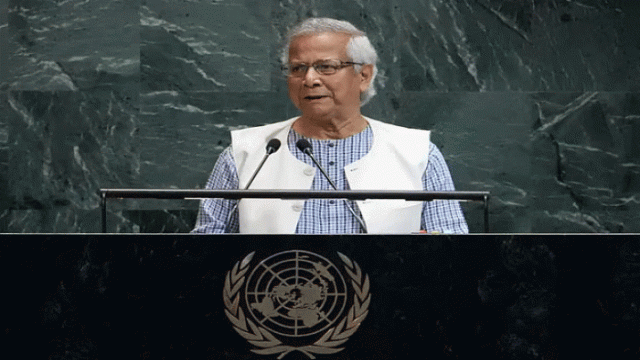
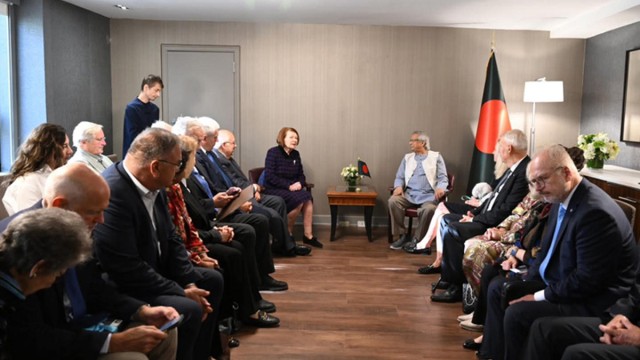
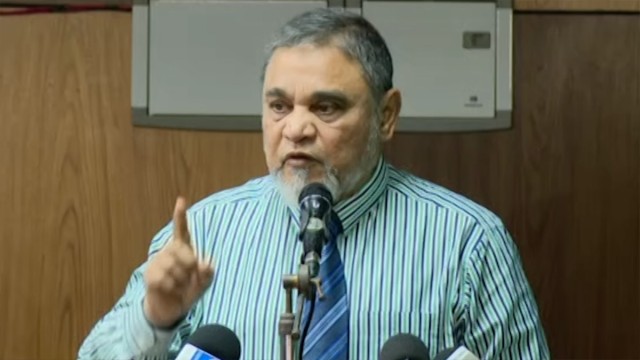
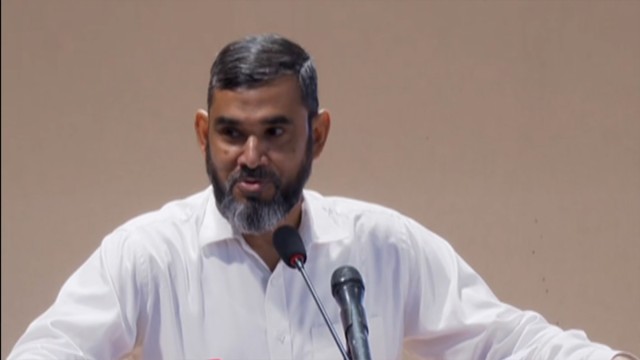
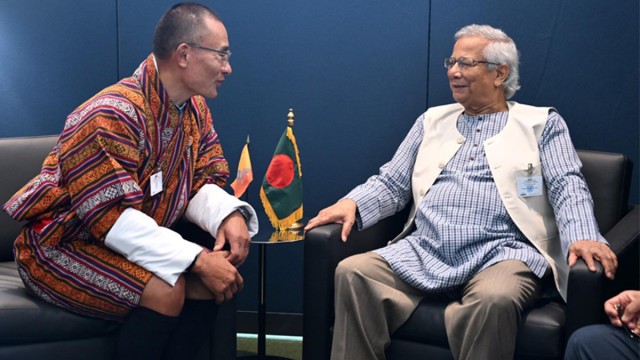
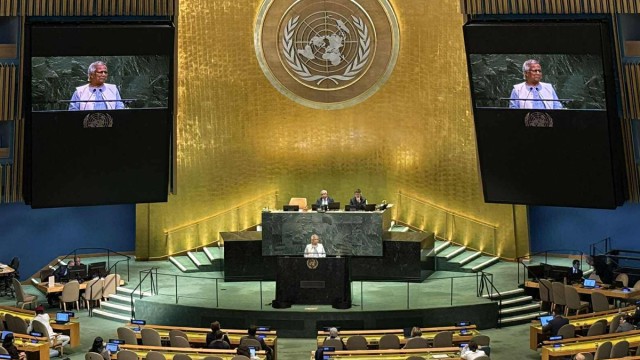
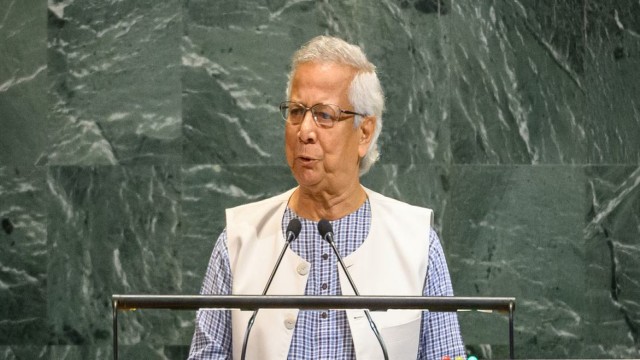
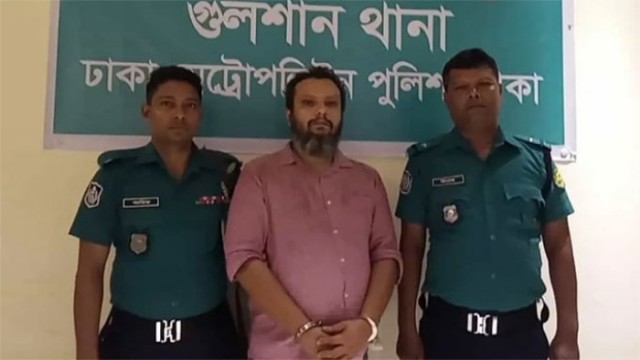

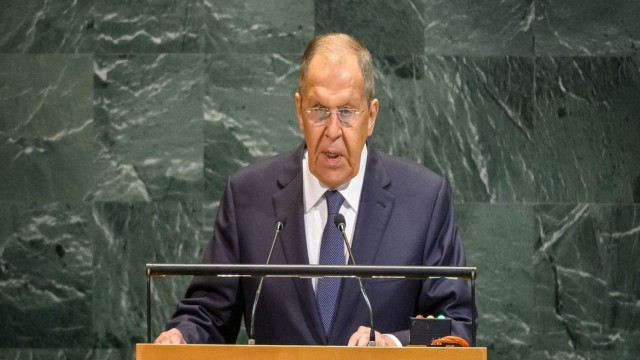

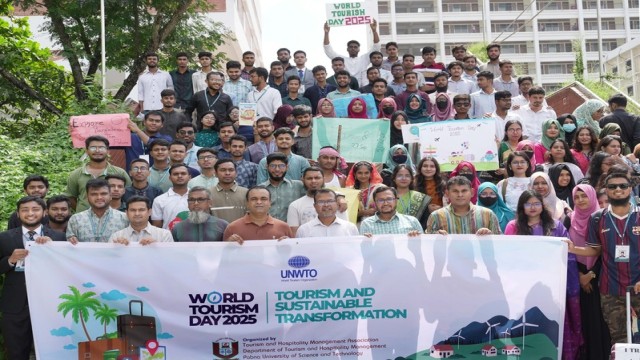
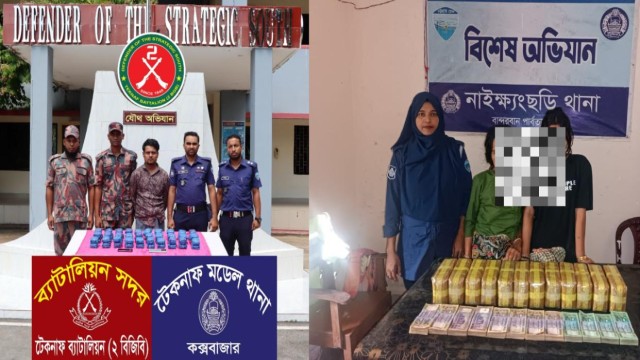
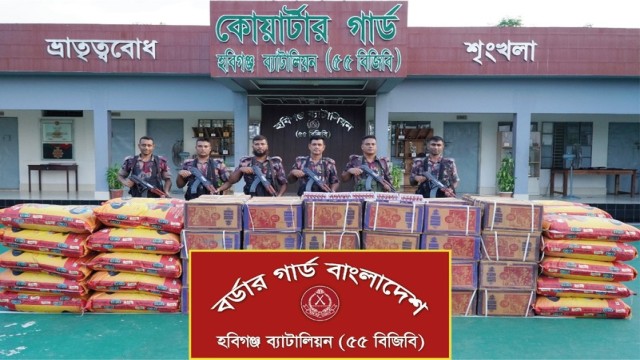

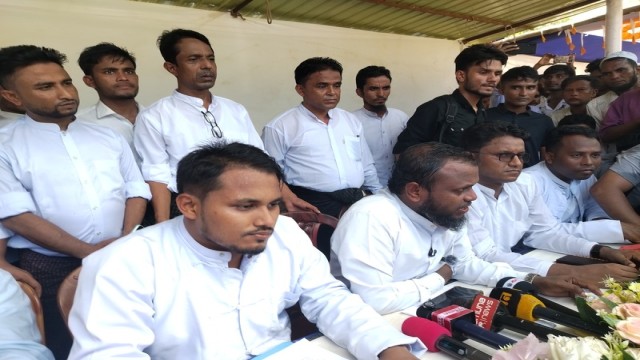





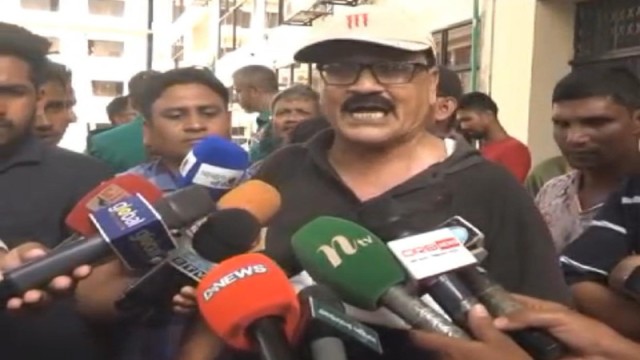

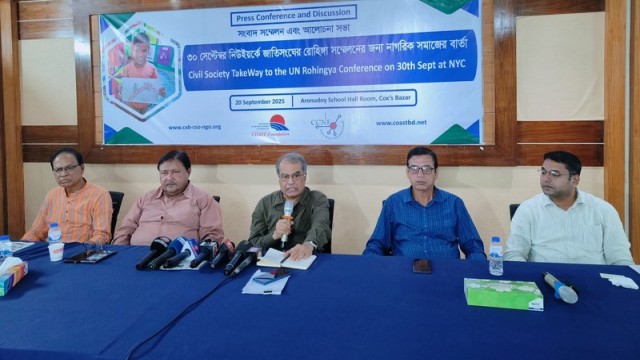
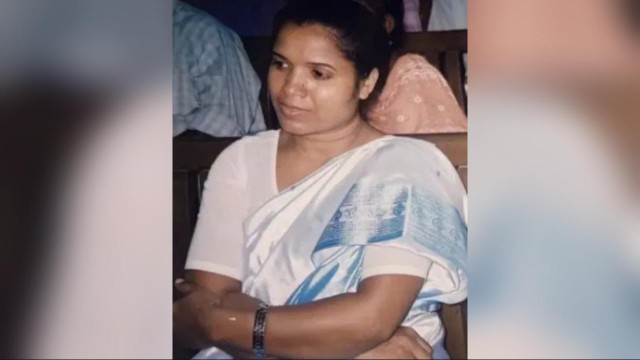


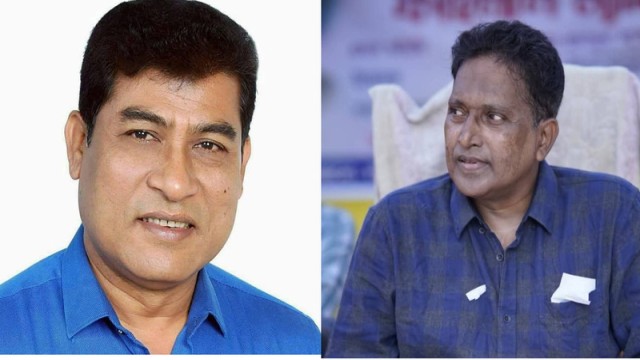
Comment: